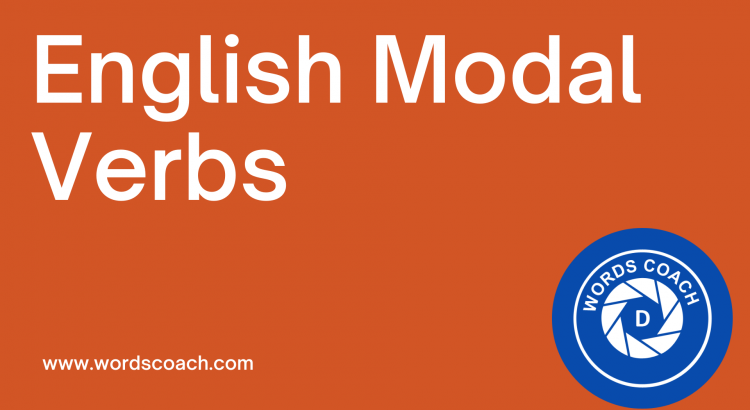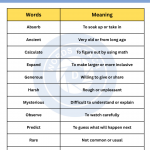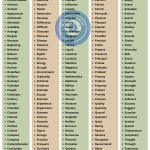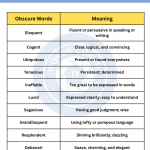The English modal verbs are a subset of the English auxiliary verbs used mostly to express modality. They can be distinguished from other verbs by their defectiveness and by their neutralization. The principal English modal verbs are can, could, may, might, shall, should, will, would, and must.
Here’s a list of the modal verbs in English:
Can, could, may, might, must, must not/ may not, need not, ought to, shall, should, will, would. Certain other verbs are sometimes, but not always, classed as modals; these include ought, had better, and (in certain uses) dare and need.
Modals are different from normal verbs:
1: They don’t use an ‘s’ for the third person singular.
2: They make questions by inversion (‘she can go’ becomes ‘can she go?’).
3: They are followed directly by the infinitive of another verb (without ‘to’).
Modal verbs are:
1. can
| Use | Examples |
| ability to do sth. in the present (substitute form: to be able to) | I can speak English. |
| permission to do sth. in the present (substitute form: to be allowed to) | Can I go to the hotel? |
| request | Can you wait a moment, please? |
| offer | I can lend you my car till tomorrow. |
| suggestion | Can we visit Grandma at the weekend? |
| possibility | It can get very hot in Arizona. |
2. could
| Use | Examples |
| ability to do sth. in the past (substitute form: to be able to) | I could speak English. |
| permission to do sth. in the past (substitute form: to be allowed to) | I could go to the hotel. |
| polite question * | Could I go to the hotel, please? |
| polite request * | Could you wait a moment, please? |
| polite offer * | I could lend you my car till tomorrow. |
| polite suggestion * | Could we visit Grandma at the weekend? |
| possibility * | It could get very hot in Montana. |
3. may
| Use | Examples |
| possibility | It may rain today. |
| permission to do sth. in the present (substitute form: to be allowed to) | May I go to the hotel? |
| polite suggestion | May I help you? |
4. might
| Use | Examples |
| possibility (less possible than may) * | It might rain today. |
| hesitant offer * | Might I help you? |
5. must
| Use | Examples |
| force, necessity | I must go to the supermarket today. |
| possibility | You must be tired. |
| advice, recommendation | You must see the new film with Brad Pitt. |
6. Must not/ may not
| Use | Examples |
| prohibition (must is a little stronger) | 1. You mustn’t work on dad’s computer. 2. You may not work on dad’s computer. |
7. need not
| Use | Examples |
| sth. is not necessary | I needn’t go to the supermarket, we’re going to the restaurant tonight. |
8. ought to
- similar to should – ought to sounds a little less subjective
| Use | Examples |
| advice | You ought to drive carefully in bad weather. |
| obligation | You ought to switch off the light when you leave the room. |
9. shall
- used instead of will in the 1st person
| Use | Examples |
| suggestion | Shall I carry your bag? |
10. should
| Use | Examples |
| advice | You should drive carefully in bad weather. |
| obligation | You should switch off the light when you leave the room. |
11. will
| Use | Examples |
| wish, request, demand, order (less polite than would) | Will you please shut the door? |
| prediction, assumption | I think it will rain on Friday. |
| promise | I will stop smoking. |
| spontaneous decision | Can somebody drive me to the station? – I will. |
| habits | She’s strange, she’ll sit for hours without talking. |
12. would
| Use | Examples |
| wish, request (more polite than will) | Would you shut the door, please? |
| habits in the past | Sometimes he would bring me some flowers. |





